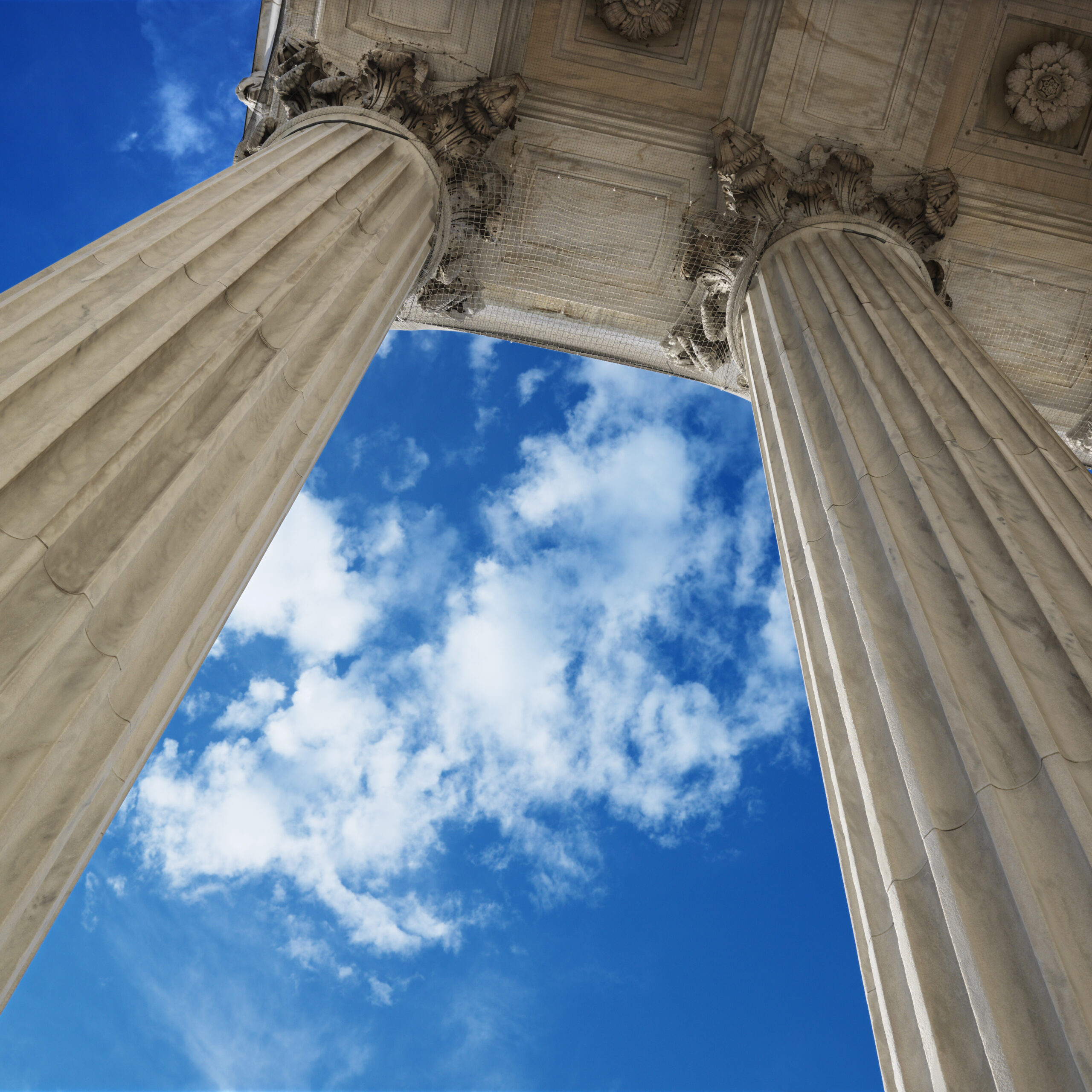SCOTUS Says Retrials are Appropriate Remedy in Improper Venue Cases
“Far from justifying an exemption from the retrial rule, the historical background of the Venue and Vicinage Clauses supports the opposite inference.” – SCOTUS
The U.S. Supreme Court today delivered a ruling that flows from a trade secrets theft case, holding that “the Constitution permits the retrial of a defendant following a trial in an improper venue conducted before a jury drawn from the wrong district.”
The underlying case involves a software engineer, Timothy Smith, who stole trade secrets from StrikeLines, a company that uses proprietary technology to identify private, artificial reefs that individuals construct to attract fish and then sells the coordinates. Smith, an avid fisherman, was angered by this approach as he felt StrikeLines was profiting off of the work of private citizens. He therefore figured out how to obtain StrikeLines’ data and announced on social media that he was willing to share it. When the company contacted him, Smith offered to take the post down in exchange for coordinates of certain “‘deep grouper spots’” that he had been unable to obtain from the website or find on his own. When these negotiations failed, StrikeLines contacted law enforcement.
Smith was indicted in the Northern District of Florida for trade secrets theft and the jury eventually returned a verdict of guilty. Smith had moved for dismissal of the indictment prior to trial due to improper venue, because he had accessed the data from Mobile, Alabama, not Florida, and StrikeLines’ servers were also not located in the Northern District of Florida. The court refused to dismiss, and also refused Smith’s motion for a judgment of acquittal based on improper venue following the verdict. Smith appealed to the U.S. Court of Appeals for the Eleventh Circuit.
The Eleventh Circuit held that venue was improper, but said that error did not bar reprosecution and the “Double Jeopardy” clause barring prosecution for the same crime twice was not implicated here.
In his petition to the Supreme Court, Smith noted that there has been a circuit split on this issue—the Fifth and Eighth Circuits have held that the proper remedy for the government’s failure to prove venue is an acquittal barring reprosecution of the offense, while the Sixth, Ninth, Tenth, and Eleventh Circuits have held that the government may re-try the defendant for the same offense in a different venue.
Several amici weighed in to support Smith, including the National Association of Criminal Defense Lawyers; The Rutherford Institute, the Cato Institute, and the National Association for Public Defense; and Professor Drew L. Kershen and Professor Brian C. Kalt. All of the amici criticized the Eleventh Circuit’s approach, with the National Association of Criminal Defense Lawyers arguing that “[a]ccepting the Eleventh Circuit’s rule as the remedy for improper venue would only exacerbate the hardships endured by defendants and further erode the venue right.”
But the High Court today disagreed, holding that the Venue Clause under Article III and the Vicinage Clause of the Sixth Amendment are not exceptions to the retrial rule. First addressing the Venue Clause, the Court said that its language noting that the “Trial of all Crimes . . . shall be held in the State where the . . . Crimes shall have been committed” does not suggest that a new trial in a proper venue wouldn’t be an adequate remedy for violation of the clause.
Smith attempted to argue that the purpose of the Venue Clause is to limit harm to a defendant by preventing another trial following “an initial trial in a distant and improper place.” But the Court opined that any criminal trial imposes hardship and, ultimately, “the mere burden of a second trial has never justified an exemption from the retrial rule.” Secondly, said the Court, the Venue Clause is not primarily about convenience or avoiding hardship, as Smith alleged. The Vicinage Clause, which guarantees “the right to . . . an impartial jury of the State and district wherein the crime shall have been committed,” does not help Smith’s arguments, said the Court, because in “protecting the right to a jury drawn from the place where a crime occurred, it functionally prescribes the place where a trial must be held” and thus reinforces the coverage of the Venue Clause.
The Court also noted that it has recognized before that “retrial is the appropriate remedy when a defendant is tried by a jury that does not reflect a fair cross-section of the community” and “[t]here is no reason to conclude that trial before a jury drawn from the wrong geographic area demands a different remedy than trial before a jury drawn inadequately from within the community.”
The Court further rejected Smith’s arguments that the historical context of the Venue and Vicinage Clauses supports his position; after detailing the history, the Court concluded that “violations of the Venue and Vicinage Clauses do not exempt defendants from retrial.” The Court added:
“Far from justifying an exemption from the retrial rule, the historical background of the Venue and Vicinage Clauses supports the opposite inference. We have found—and Smith points to—no decision barring retrial based on a successful venue or vicinage objection in either the centuries of common law predating the founding or in the early years of practice following ratification.”
Finally, the Eleventh Circuit and the Justices rejected Smith’s argument that the Venue and Vicinage Clauses are “inseparably interwoven” with the Double Jeopardy Clause. “A judicial decision on venue is fundamentally different from a jury’s general verdict of acquittal,” said the High Court. Since the Eleventh Circuit’s ruling that venue was improper did not adjudicate the underlying question of Smith’s culpability, “it thus does not trigger the Double Jeopardy Clause” and the decision was affirmed.
Image Source: Deposit Photos
Image ID: 9522064
Author: iofoto
Eileen McDermott
Eileen McDermott is the Editor-in-Chief of IPWatchdog.com. Eileen is a veteran IP and legal journalist, and no stranger to the intellectual property world, having held editorial and managerial positions at […see more]







